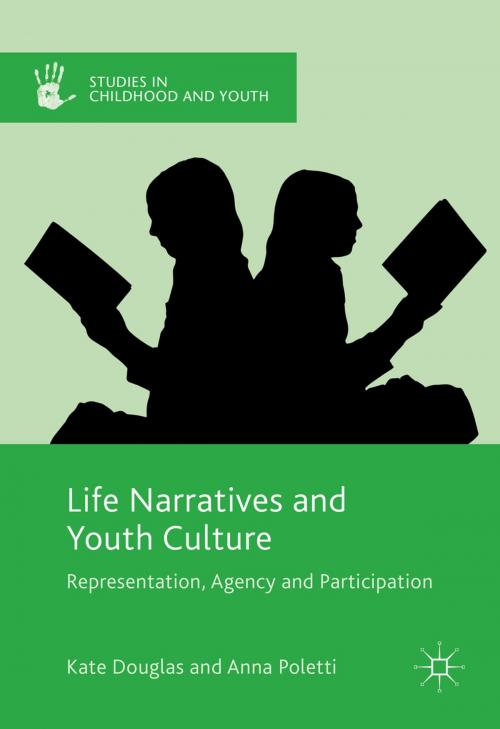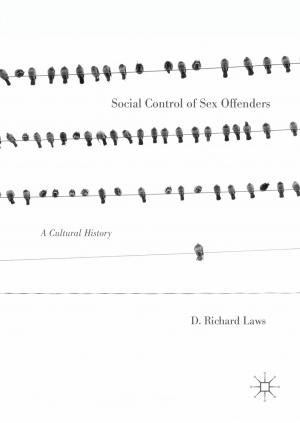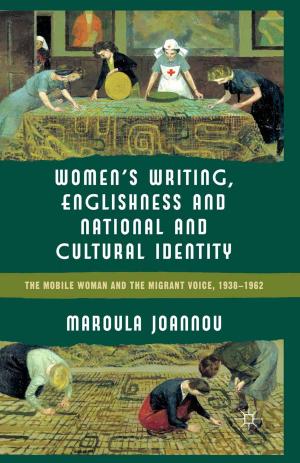Life Narratives and Youth Culture
Representation, Agency and Participation
Nonfiction, Social & Cultural Studies, Social Science, Sociology, Fiction & Literature, Literary Theory & Criticism| Author: | Kate Douglas, Anna Poletti | ISBN: | 9781137551177 |
| Publisher: | Palgrave Macmillan UK | Publication: | December 26, 2016 |
| Imprint: | Palgrave Macmillan | Language: | English |
| Author: | Kate Douglas, Anna Poletti |
| ISBN: | 9781137551177 |
| Publisher: | Palgrave Macmillan UK |
| Publication: | December 26, 2016 |
| Imprint: | Palgrave Macmillan |
| Language: | English |
This book considers the largely under-recognised contribution that young writers have made to life writing genres such as memoir, letter writing and diaries, as well as their innovative use of independent and social media. The authors argue that these contributions have been historically silenced, subsumed within other literary genres, culturally marginalised or co-opted for political ends. Furthermore, the book considers how life narrative is an important means for youth agency and cultural participation. By engaging in private and public modes of self-representation, young people have contested public discourses around the representation of youth, including media, health and welfare, and legal discourses, and found means for re-engaging and re-appropriating self-images and representations. Locating their research within broader theoretical debates from childhood and youth studies: youth creative practice and associated cultural implications; youth citizenship and autonomy; the rights of the child; generations and power relationships, Poletti and Douglas also position their inquiry within life narrative scholarship and wider discussions of self-representation from the margins, representations of conflict and trauma, and theories of ethical scholarship.
This book considers the largely under-recognised contribution that young writers have made to life writing genres such as memoir, letter writing and diaries, as well as their innovative use of independent and social media. The authors argue that these contributions have been historically silenced, subsumed within other literary genres, culturally marginalised or co-opted for political ends. Furthermore, the book considers how life narrative is an important means for youth agency and cultural participation. By engaging in private and public modes of self-representation, young people have contested public discourses around the representation of youth, including media, health and welfare, and legal discourses, and found means for re-engaging and re-appropriating self-images and representations. Locating their research within broader theoretical debates from childhood and youth studies: youth creative practice and associated cultural implications; youth citizenship and autonomy; the rights of the child; generations and power relationships, Poletti and Douglas also position their inquiry within life narrative scholarship and wider discussions of self-representation from the margins, representations of conflict and trauma, and theories of ethical scholarship.















